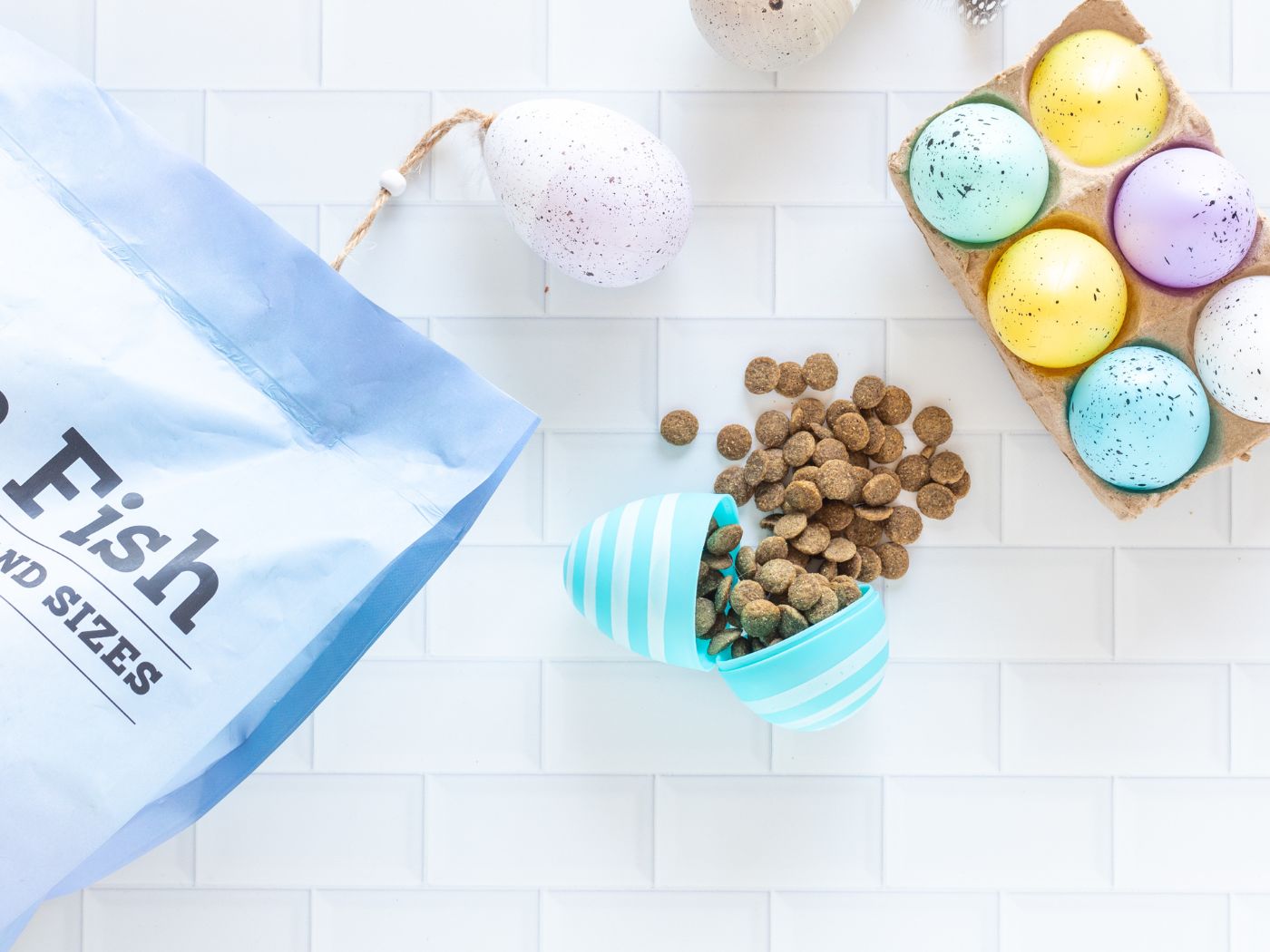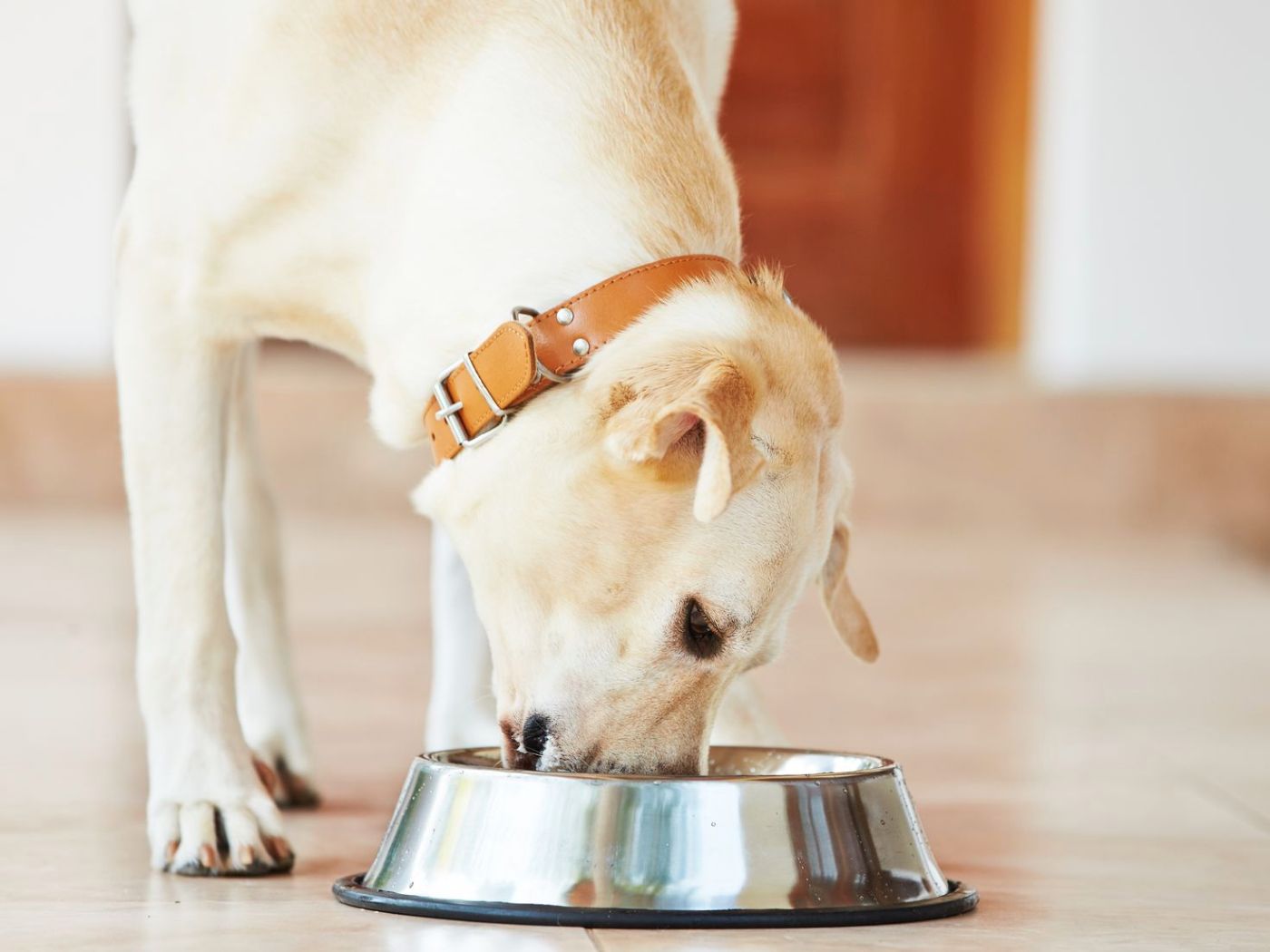Every vet can tell many a Christmas yarn about the antics pets get up to over the holiday period – many of which may land them an after hours trip to the veterinary clinic.
The British Veterinary Association recently released a survey that showed that eight in ten companion animal vets (82%) across the UK saw at least one case of toxic ingestion over the Christmas break last year. My experience would suggest that the stats here in New Zealand aren’t too different to this, but there are a few other things that pet parents on this side of the World also need to be mindful of during our summer festive season.
Here are my top tips for keeping our Kiwi pet’s safe through the holidays.
- Be mindful of festive treats
Most people are now aware that chocolate can be poisonous to dogs. Dark chocolate which contains the highest levels of theobromine, an ingredient that dogs cannot metabolise, is the worst culprit but even milk and white chocolate can cause problems if they eat enough. Christmas cakes and Christmas mince pies which are loaded with raisins and sultanas can also cause toxicity issues.
- Don’t bring toxic plants into your home
Although I love nothing more than the aroma of Christmas lilies wafting through the house they are highly toxic to cats and mildly toxic to dogs. Illness is most commonly caused by chewing on the leaves, but there are also reports of cats becoming sick from ingesting the pollen and even drinking the water that lilies have been in. Poinsettas are also mildly toxic to pets.
- Don’t feed your own Christmas dinner to your pet
Steer clear of feeding the leftovers of that fatty Christmas roast to your pet. A sudden increase in the fat content of their diet can cause pancreatitis. Even just a lot of fatty meat can be a problem, but beware of the fat from the roasting pan as well! I once saw a poor Labrador whose owner had tipped the fat out of the roasting pan out in the back garden. He’d quickly sniffed it out, hoovered it up and then spent several days at the veterinary clinic recovering.
Christmas ham can be fatty too, but the high salt content may also upset sensitive tummies when eaten in excess.
Cooked bones are another a no-no as these can splinter when chewed causing damage to your pet’s mouth and digestive tract if eaten.
- Keep your fishing gear out of reach
You would not believe the places I have removed fish hooks from! They don’t even have to have any bait attached to them to be attractive to some pets. Keep them out of your pet’s reach. In the simplest cases they will end up through a lip, a tongue or up a nose, but worst case scenario is one gets swallowed and ends up lodged in the oesophagus or stomach.
- Check rivers for toxic algae
Most councils are now regularly providing updates over summer on the status of local rivers and streams, but it pays to know what toxic algae looks like and be aware that it can often be found not just in the water, but also on the banks of rivers. This algae seems to be particularly attractive to dogs and they are extremely sensitive to its effects with ingestion of only a small amount of toxin sometimes causing death within as little as 30 minutes.
This article has great information and pictures of the algae:
Lastly, if you’re taking your pet away with you over the holidays make sure that you have the contact details of your nearest veterinary clinic and any pet insurance information you might need with you. Having worked for many years in the popular summer holiday spot of Motueka you would be surprised how many pet owners need to contact the local vet while they’re away on holidays.



